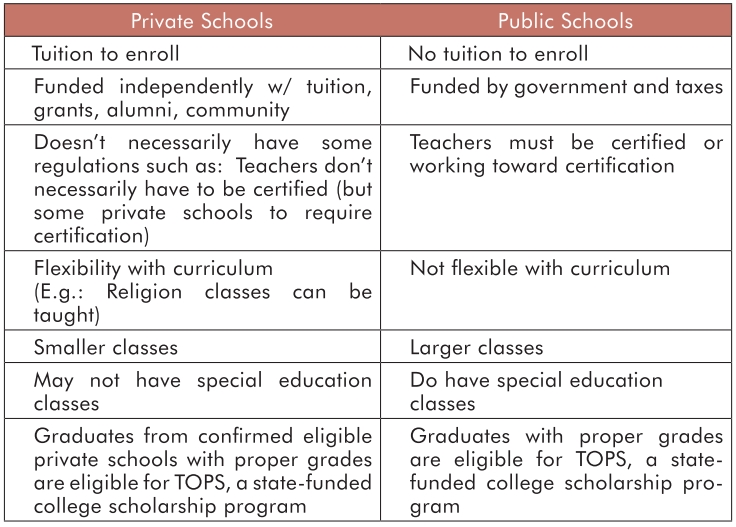Transitioning From High School Senior To College Freshman

Conquering the differences between being a high school senior and a college freshman is the key to eventually being a college graduate. Many college seniors heading off to college for the first time may not be on the same page with the struggles they may encounter when they will enter college as a beginning freshman. With independence coupled with wanting to make friends and having a good time, first-time college attendees face decisions that will make or break their success or failure at college.
The Challenge
The student who has done well in high school may be unaware of the pitfalls that freshmen can fall into. The challenges ahead will be greater than those encountered in the high school years. Many students may not be informed to those challenges ahead of them. One study showed that 89 percent of high school seniors are not aware that college will be much more challenging than high school. They have not given much thought as to what will be needed to succeed their freshman year. They tend to think that their experiences will be about the same as their experiences in high school.
Dependence vs. Independence
One thing that might hurt a student in his first semester of college is the fact that students are dependent learners in high school. These students have many different people supporting them by keeping on top of their academic progress. They have different people looking after their needs and interests. Shock may set in when the college student realizes that college professors do not keep track of their progress and remind them of what they need to do.
First-time college students may not realize that making a good grade will be a lot more difficult and more time-consuming for studying for the tests that are soon to come. Missing class in college could be like missing a week of high school because so much information is given in each college class. Skipping class in high school could be easily made up, but missing a class in college will be a lot more difficult to catch up with so much information covered in a college class. It should not take very long for the new college freshman to figure this out, although he may be blindsided at first.
Being away at school also offers more freedom, freedom to make decisions without parental approval.
Making the decision to stay out late on a week night could lead to skipping class the next morning.
On a personal level, I recall my first semester in college. I found myself staying in the dorm and studying a lot more than most of my friends. I felt somewhat deprived of being out and about with those friends and socializing. But I knew that I had to “hit the books” to get good grades, and I had to attend class each day. Some of my friends did not make it to class each day because they were too tired from staying out so late the night before. It was when I graduated that I realized that those friends who stayed out all the time having “so much fun” did not graduate. I also realized I had made the best decisions in doing what it took to learn and study and complete what I had come to college to do.
Preparing To Attend College
Parents may question how to prepare their college-bound child for attending college. They may think about whether to place their child in a private or public school in their elementary through high school years. There are pros and cons to each, but parents need to weigh the options and make the decision that will best benefit their individual child. Some, not all, of the differences may be found below and may be different for each individual school: See table below.Of course, the fact that parents teach their children from elementary through high school to do their best, listen to the teacher in the classroom, do their homework, study well for tests and be on their best behavior, will carry over into their college school years.

Old
habits die hard.It might be said that preparation for a child to go to
college begins in the elementary school years as parents lay the
foundation for what is considered good preparation for all school
assignments and tests. The inclusion of a parent’s interest in their
child’s school and academic training will really help the child achieve
school success and will make an impact on later college success.
Training your child to get their school work completed and materials
studied well will set the momentum for future school success, the
college years and even future work success.

